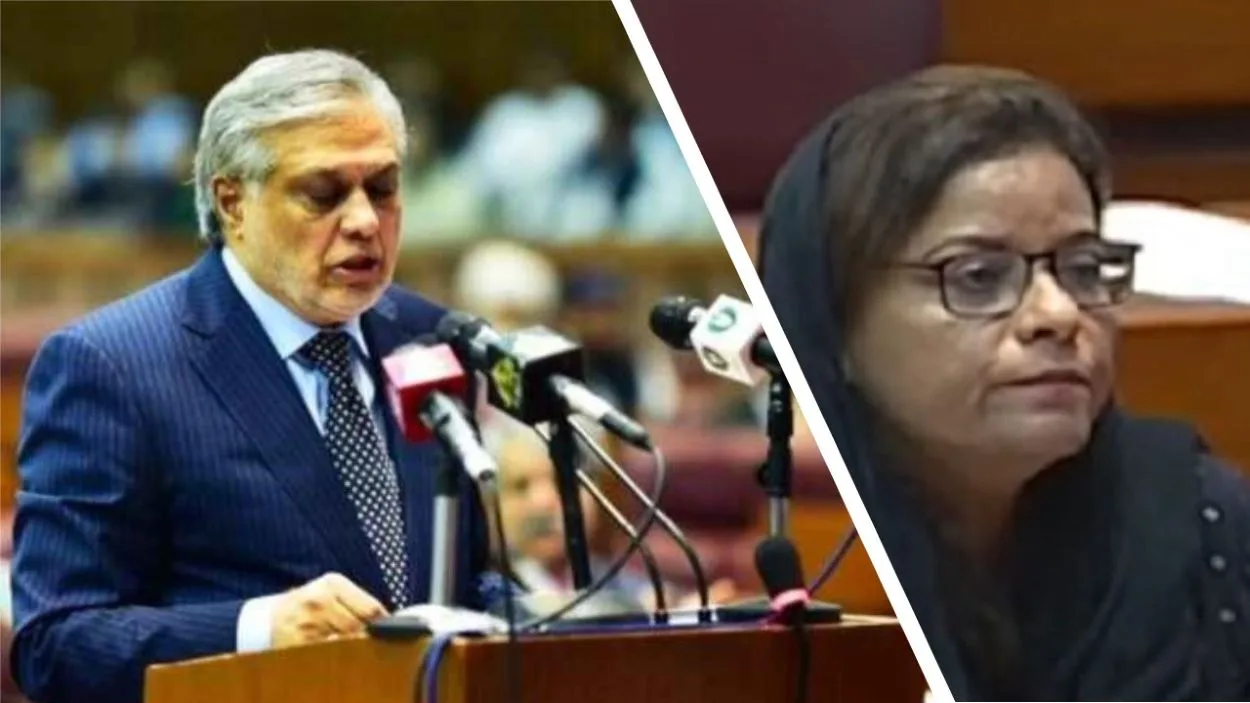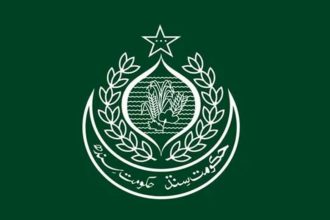Pakistan Peoples’ Party (PPP) voiced their concerns on Friday regarding the budget presented by the ruling party, Pakistan Muslim League-Nawaz (PML-N).
The PPP, also part of the collation government in the federal government with PMLN, accused PML-N of proposing an “unrealistic” and “election-oriented budget” that was more populistic than economically feasible, thereby questioning the party’s intention behind such a move amidst economic uncertainty.
During the budget debate at the National Assembly’s Standing Committee on Finance and Revenue, PPP’s representative Nafeesa Shah stated that the Shehbaz Sharif-led government had failed to take the promised “tough decisions.”
PPP Questions Budgetary Intentions
Nafeesa Shah forewarned of an impending economic storm, expressing her concerns over the mounting pressure from the International Monetary Fund (IMF) on Pakistan’s shaky economic landscape. The situation, she warned, might exacerbate in the coming days.
The Standing Committee’s Chairman, Qaiser Ahmed Sheikh, regrets being kept uninformed about IMF matters. Despite occupying a pivotal position, he felt sidelined, as his requests for updates were disregarded. In addition, he pointed out the government’s lack of action against errant banks that had denied business people access to letters of credit (LCs) and manipulated the dollar rate, leading to severe operational challenges like containers stuck at ports.
At the beginning of the hearing, the committee members were displeased with the absence of Finance Minister Ishaq Dar, considering the whole business community was present with their proposals. However, Dar later joined the meeting and provided a briefing on the fiscal year 2023-24 federal budget.
Finance Minister’s Response
Dar justified the delay in budget preparation by citing the postponed negotiations with the IMF as the major reason. Responding to PPP’s accusations, he said the budget would have remained the same, even if it wasn’t an election year. He claimed that the tax targets were based on the inflation and growth rate and also informed the panel that he had requested a report from the Federal Board of Revenue (FBR) chairman.
The Finance Minister, Ishaq Dar, had introduced an Rs14.5 trillion (approximately $50.5 billion) budget on June 9, with more than half the budget allocated to service a bad Rs7.3 trillion debt, raising eyebrows among various stakeholders about the country’s economic future.






